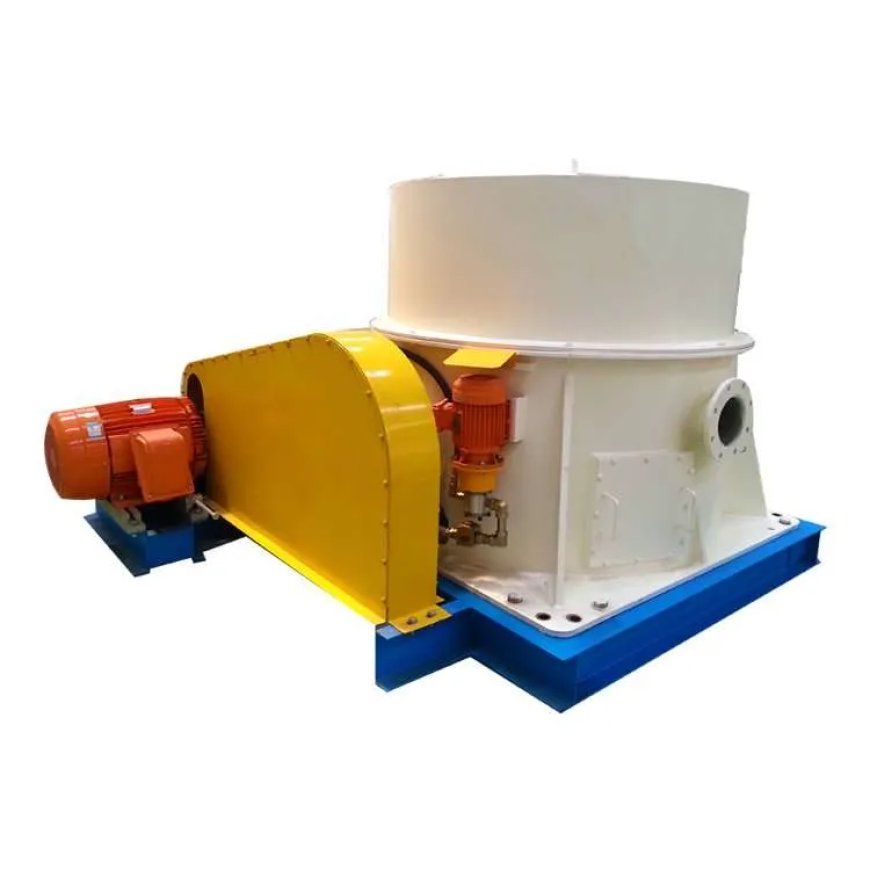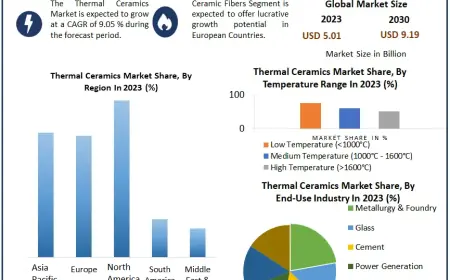Fine Coal Centrifuges: Enhancing Coal Recovery and Quality
Coal is one of the most widely used natural resources for power generation and industrial applications. In the mining and processing of coal, one of the most important challenges is dealing with the fine coal fraction, which can make up a significant portion of the total mined coal. To address this, fine coal centrifuges play a critical role in maximizing coal recovery, improving product quality, and ensuring efficient dewatering.

What Are Fine Coal Centrifuges?
Fine coal centrifuges are specialized machines used to separate fine coal particles from water and other impurities. They operate on the principle of centrifugal force, which enhances the sedimentation process and accelerates the removal of water from coal slurries. These centrifuges are particularly effective for processing coal with a particle size of less than 1 mm, which is challenging to recover using traditional methods.
Types of Fine Coal Centrifuges
There are several types of fine coal centrifuges, each designed for specific applications:
-
Decanter Centrifuges: These are the most common type, featuring a rotating cylindrical drum that separates solids from liquids. The design allows for continuous operation, making them suitable for large-scale coal processing plants.
-
Basket Centrifuges: These centrifuges utilize a perforated basket to hold the coal while spinning at high speeds. The liquid is expelled through the basket walls, allowing for efficient dewatering.
-
Screen Bowl Centrifuges: This type combines the features of a decanter and a screen to provide a more thorough separation. The screen allows for the removal of finer particles while retaining larger ones.
-
High-Speed Centrifuges: Designed for higher throughput, these machines operate at elevated speeds, increasing the force applied to the slurry and improving separation efficiency.
Benefits of Using Fine Coal Centrifuges
1. Enhanced Recovery Rates
Fine coal centrifuges significantly improve recovery rates by efficiently separating fine coal particles from slurries. This not only maximizes the yield of usable coal but also minimizes waste, leading to more sustainable operations.
2. Reduced Moisture Content
One of the primary functions of fine coal centrifuges is to reduce the moisture content of the coal. Lower moisture levels improve the heating value of coal and enhance its marketability. This is particularly important in the context of increasing regulations on coal quality.
3. Cost Efficiency
By increasing recovery rates and reducing waste, fine coal centrifuges contribute to overall cost savings in coal processing. They also reduce the need for additional processing steps, further streamlining operations and lowering operational costs.
4. Environmental Benefits
The effective separation and dewatering capabilities of fine coal centrifuges help minimize the environmental impact of coal processing. By reducing water usage and preventing the release of fine coal particles into the environment, these machines support cleaner production practices.
5. Versatility
Fine coal centrifuges can be adapted to a variety of coal processing applications, including coal washing, tailings management, and wastewater treatment. Their versatility makes them a valuable asset in modern coal operations.
Conclusion
Fine coal centrifuges play a vital role in the coal processing industry, enhancing recovery rates, reducing moisture content, and supporting environmentally sustainable practices. As the industry continues to evolve, these machines are poised to become even more essential in meeting the challenges of modern coal production. Investing in advanced fine coal centrifuge technology can lead to significant improvements in operational efficiency and profitability, making them an indispensable tool for coal processing facilities worldwide.
What's Your Reaction?
 Like
0
Like
0
 Dislike
0
Dislike
0
 Love
0
Love
0
 Funny
0
Funny
0
 Angry
0
Angry
0
 Sad
0
Sad
0
 Wow
0
Wow
0















































